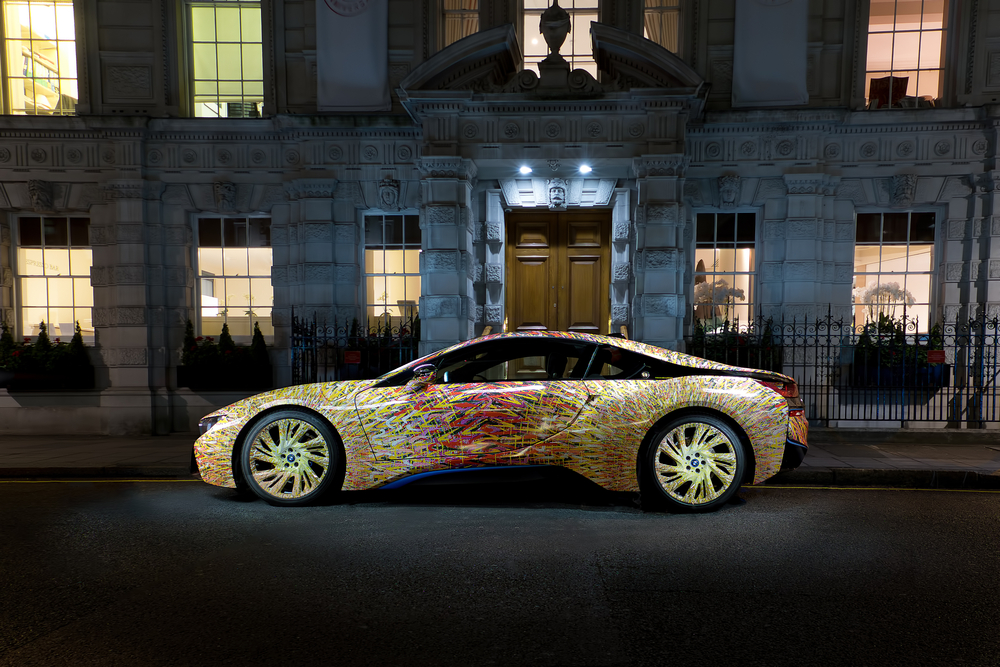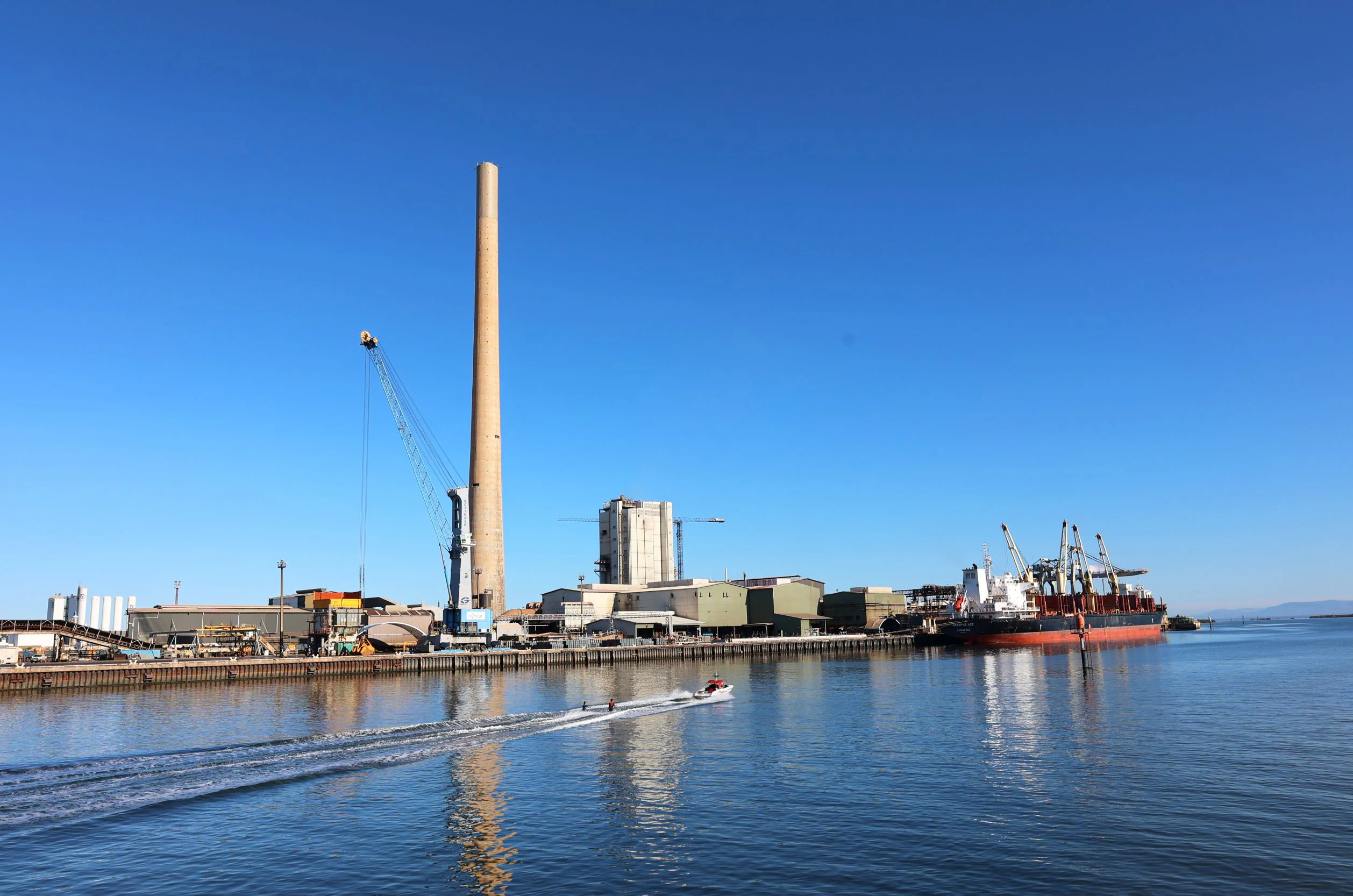Cobalt price: Automakers ‘waking up too late’ as China takes control

The auto industry is “waking up too late” to the fact that China will hold most of the world’s supply of battery raw material cobalt, Ivan Glasenberg, CEO of top producer of the metal Glencore, said on Tuesday according to a Reuters report.
“If cobalt falls into the hands of the Chinese, yeah you won’t see EVs being produced in Europe etc. They are waking up too late … I think it’s because the car industry has never had a supply chain problem before,” Glasenberg told the FT Commodities Global Summit in Lausanne, Switzerland.
Due primarily to Chinese investment, by 2022, the central African nation will host the nine largest cobalt producers
The Democratic Republic of the Congo today has six of the top 10 cobalt mines globally. Due primarily to Chinese investment, by 2022, the central African nation will host the nine largest cobalt producers. Congo also holds half the world’s reserves.
Not only is primary production highly concentrated, but the downstream industry is beginning to resemble a monopsony. China, despite having no cobalt resources of its own, is responsible for 80% of the world’s cobalt chemical production, which overtook metal production around four years ago.
Glasenberg told FT Chinese refiners and processors “will have most of the offtake of cobalt”:
They’re not going to sell batteries to the world, more than likely they’ll produce batteries in China and sell electric vehicles to the world,” Mr Glasenberg told the conference.
Beijing has made electric vehicles a centerpiece of its war on pollution. It also wants the sector to spearhead the country’s Made in China 2025 innovation drive.
The China-Congo-Cobalt-nexus poses particular problems for automakers in the US and Europe. Not only in terms of securing supply but also the growing consumer awareness of ethical sourcing of materials. This could lead to premium pricing for cobalt produced outside Congo.
Glencore last week agreed to sell around a third of its cobalt production over the next three years – roughly 52,800 tonnes – to Chinese battery recycler GEM. Glasenberg told the conference he was prepared to sell cobalt mines in the Congo to China if the price was right:
“They may come with a number that blows the lights out. If we get that number I’ve got to look after shareholders. I’m not here to look after the world politics, so we would sell it, yes,” he said.
Electrifying demand forecasts
Prices for cobalt have quadrupled since hitting record lows two years ago, trading at a decade high of $89,000 a tonne this week.
Mobile phone maker Apple (NASDAQ: AAPL) is said to be in talks to buy long-term supplies of cobalt directly from miners while vehicle manufacturers including luxury carmaker BMW are reportedly close to inking agreements with primary suppliers.
The batteries used in cellphones uses Lithium-Cobalt-Oxide (LCO) compounds with up to 60% cobalt and is is the number one source of cobalt demand at the moment. Nickel-Manganese-Cobalt (NMC) batteries favoured by vehicle makers contain less than 20% cobalt with ratios set to gradually fall to only 6% cobalt through a process of thrifting. (EV pioneer Tesla’s favoured battery technology uses relatively small amounts of cobalt.)
Only around 10% of cobalt supply currently end up in electric vehicles, but the boom in electric cars could more than quadruple demand for cobalt to in excess of 450,000 tonnes by 2030 from less than 100,000 tonnes last year, according to Bloomberg New Energy Finance.
More News
{{ commodity.name }}
{{ post.title }}
{{ post.date }}





6 Comments
2ndOrion
Imagine what a replacement battery would cost. This leads to Innovation to make batteries of lower cost materials or using lower cost technology to accomplish the same thing. Tesla has the right idea.
Klem
Who cares?! Nobody buys electric cars anyway, electric cars are gay.
Mike Failla
Cobalt however is used in many industrial applications and not just in batteries. Having china rathole all the cobalt and hold it for ransom to highest bidder? Not good.
BC_EE
Until one blows past you at a)stop light, b)gas station.
Mike Taylor
Ya well, you can say what you like about socialist planing, like the 5year plans of the last century i.e.
Fact is, corporations also plan, but this time it seems the “communists” bested you.
China is involved in many natural elements mining projects, Australia knows it perhaps better than many other “nations”, ya Trudeau nations, as them multiculti areas without core values as u may refer to them, still have national/regional interests, and that is tided to the respective economies of those “areas”,
Now China as a #1 world elements consumer/utilizer knows how important and economically significant control over the natural resources is, and they act accordingly.
There are reasons why Australia dumped carbon tax, as their economy is fueled by natural resources in big way. Budgets do not balance them selves, perhaps your wife can brief you how ur check book balances it selves..
For economy advice consult Jean Chretien or Paul Martin, since u wouldnt believe conservative people..
China is directly involved in mining in many areas…
Karin Hall
Disintermediation is coming to the auto industry on a scale few manufacturers yet understand. Not many of the big names are going to survive, and there isn’t much they can do about it other than enjoy the downhill ride.
Chinese-Congo-Cobalt-Nexus is the least of their worries, and anyway, substitute battery technologies will be developed that effectively result in a work around.